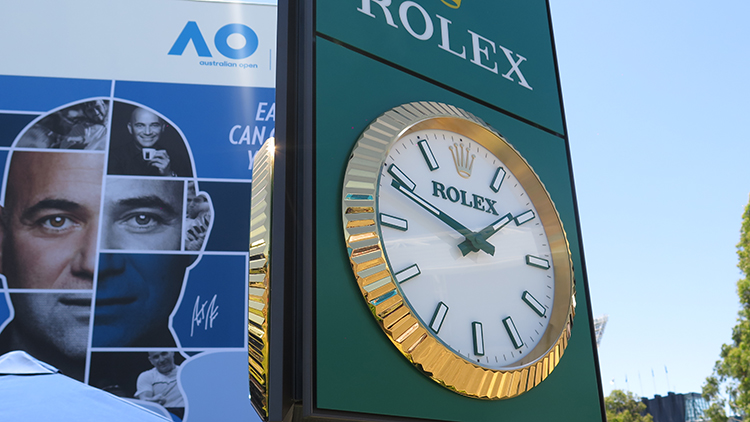Time management is required to establish and produce schedules which detail activities that are necessary to accomplish tasks related to the event.
Time management is achieved through the following functions.
Activity Definition
This is where you design the nature of the event. You should ask questions such as, How is the event going to look? What will actually happen at the event? This can tracked by creating a work breakdown structure. You will identify tasks and responsibilities that will take place and define the event date and the time components. This outlays the general structure of the event. You need to ensure the objective of the event is met within the required time-frame.
Activity Architecture
This is where you design your activities. You determine which activities are more important and which are least important in order to prioritise them. Defining deadlines is crucial. For example, the service providers need a deadline so they know when to deliver their goods and services. If payments are required, they need a deadline also. Once you set a deadline, it helps knowing who is committed to the event. You then put tasks that are related together, to avoid duplication and save time.
Duration Estimation
Duration estimation involves determining time restrictions. You do this by assessing the activity attributes and the amount of time that is needed. You also need to look at the availability of recources. This helps decide which activities are more important so you can allocate time according to the needs and the restrictions.
Schedule Development
This is the most important element in time management. It involves developing timelines and generating a production schedule. You develop a program that captures all the activities of the event. This is a guide that captures when you start, what you do during the event and finally, when to finish. People like to know how they are going to spend their day, especially if they paid for the event. It is to distribute the schedules in order for people to see, analyse and plan accordingly.
Schedule control
Having a schedule and following it are two different things. It is important to come up with a way to measure and keep track of the schedule. Having a program controller or master of ceremony is a great way to keep track of the schedule. Their role is to run the program and ensure all events run on time.
As time is the most valuable resource an event has, its importance is paramout. People expect value for their money and time. Do not leave them waiting hours for an event to start.
Time is an event manager’s worst enemy, but if treated with respect, can be you best friend.

